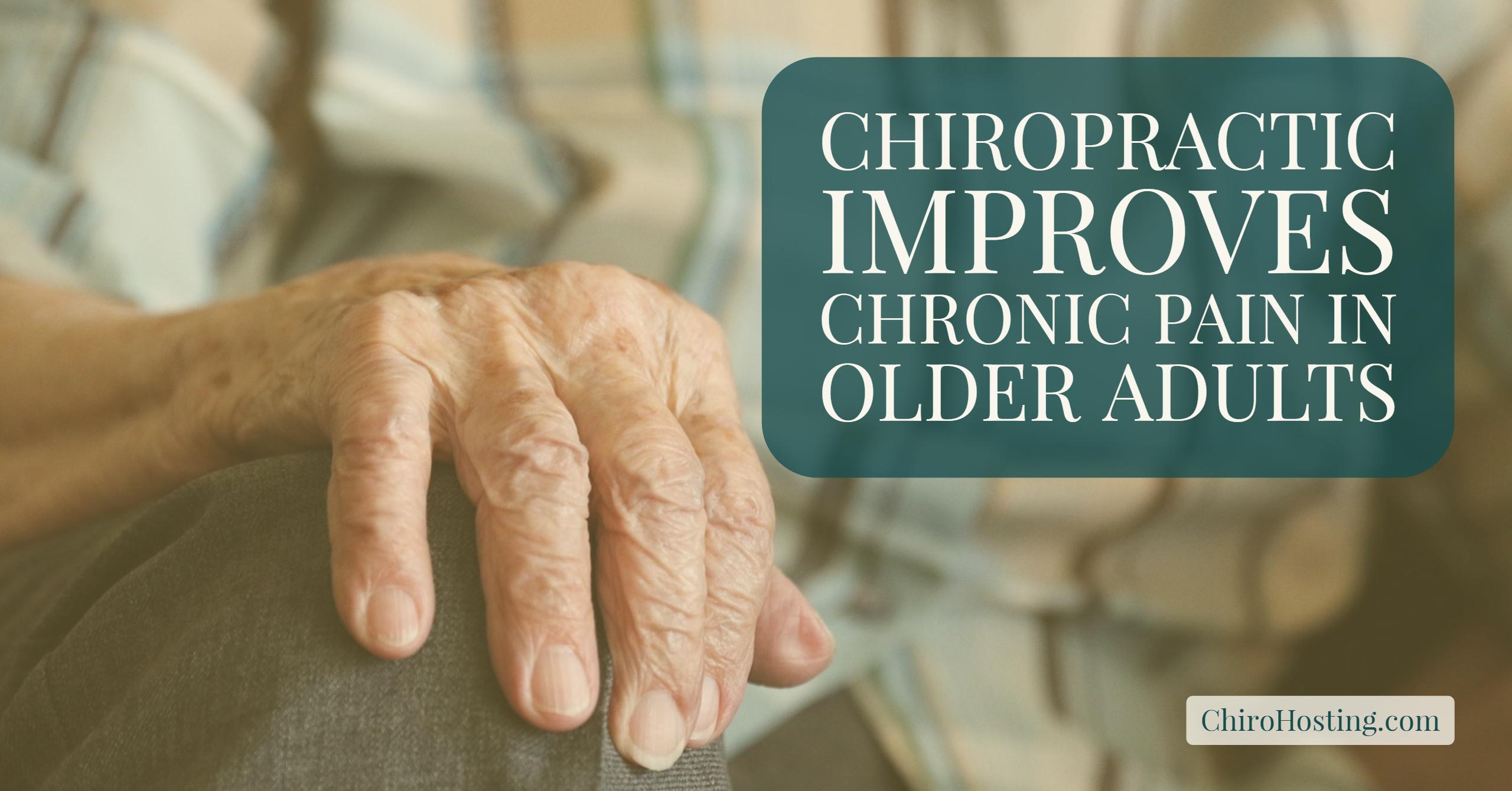Older Adults Less Likely to Seek Care
Aging frequently comes with new aches and pains. Statistics show that while older adults experience back pain more frequently than younger adults, they are less likely to seek medical care for the pain.
Don't Live in Pain
However, they need not resign themselves to a life of pain. Chiropractic treatments offer a safe and effective way to treat many aging-related conditions. For example, chiropractic adjustments can alleviate neck, back, and joint pain, while relieving the pain caused by spinal degeneration, osteoarthritis, or scoliosis. Chiropractic care may also prevent falls in older adults by improving gait, balance, and strength.
Decrease Pain with Chiropractic
 In a 2009 study, researchers concluded that older patients who received chiropractic adjustments experienced substantially lower levels of disability and pain when compared with patients who did not receive chiropractic care.
In a 2009 study, researchers concluded that older patients who received chiropractic adjustments experienced substantially lower levels of disability and pain when compared with patients who did not receive chiropractic care.
Stay Active
Chiropractic treatments work best when combined with proper nutrition and exercise. A recent study found that older adults who were physically active had lower levels of pain-related disability than those who were not active.
Chiropractic care can do more than treat your aches and pains; it can help you lead a fulfilling and healthy life, no matter your age.
References
Dougherty PE, Hawk C, and Weiner D, et al. The role of chiropractic care in older adults. Chiropractic and Manual Therapies 2012; 20 (3): doi:10.1186/2045-709X-20-3.
Hondras MA, Long CR, Cao Y, Rowell RM, Meeker WC. A randomized controlledtrial comparing 2 types of spinal manipulation and minimal conservative medical care for adults 55 years and older with subacute or chronic low back pain. Journal of Manipulative and Physiological Therapy 2009; 32:330–343.
Hicks GE, Benvenuti F, Fiaschi V, Lombardi B, Segenni L, Stuart M, Pretzer-Aboff I, Gianfranco G, Macchi C. Adherence to a community-based exercise program is a strong predictor of improved back pain status in older adults: an observational study. Clinical Journal of Pain 2012; 28(3):195-203.

